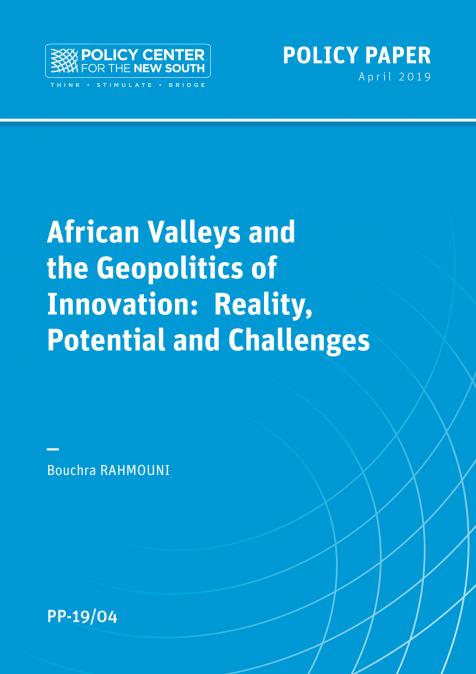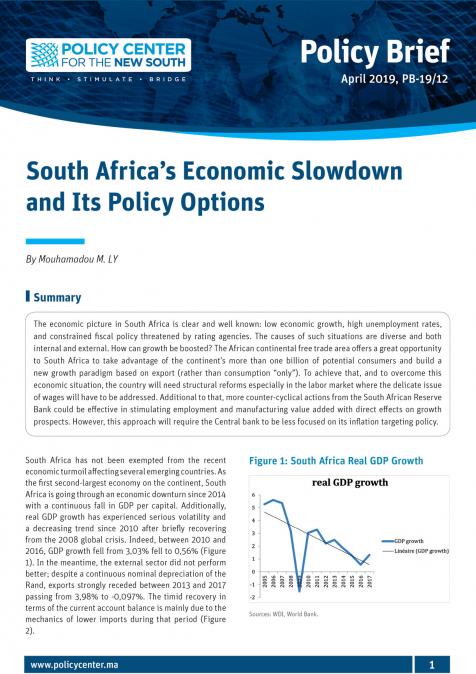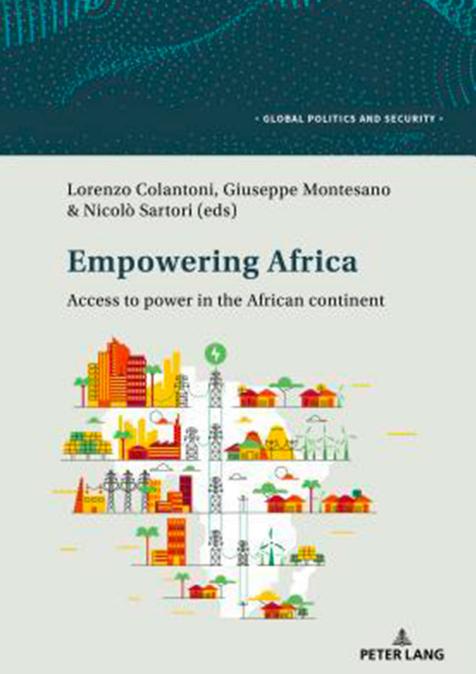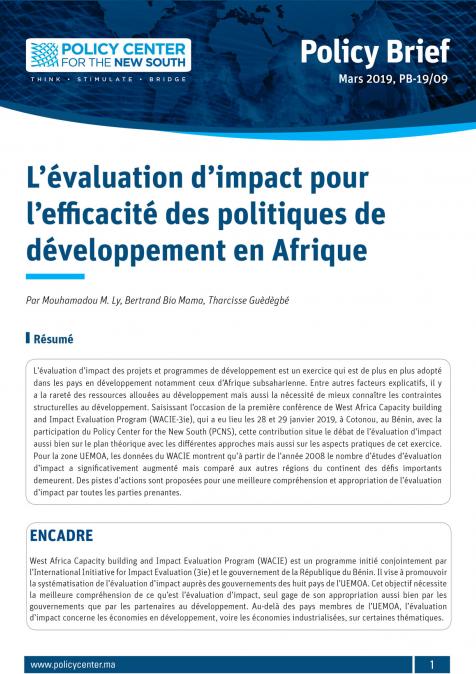Technologies and Big Data in Shaping African Public Services: Towards Efficient Digital Solutions for Africa Social Good Can technology and digitalization improve and enhance the value we get from public services? Data can change the experience that individuals get from a public service across all its characteristics (e.g., policy design, implementation, customization and so on). The Covid-19 pandemic has proven that technology has the potential to solve some of the most pressing challenges that impact Africa and drive growth and development in core sectors (health, agriculture, education and financial services). The purpose of this joint panel is to shed the light on the opportunities and the challenges of using technology and data in shaping public services. To this end, the discussion will be structured around following points: How governments are delivering better public services to citizens using cloud-based technology? Digital technology is now an integrated part of government modernization strategies to create public value. The potential and the challenges of digital transformation in Africa and its impact on governance Does digital transformation represent a leapfrog opportunity for Africa? 14:00 – 14:05 Introduction to the panel Akram Zaoui, International Relations Specialist, Policy Center for the New South 14:10 – 14:45 Debate: Digital Transformation from a Northern Perspective Alex Holmes, Senior Manager Government Transformation, Amazon Web Services Digital Transformation from a Southern Perspective Amir Abdul Reda, Assistant Professor in Computational Political Science, Mohammed 6 Polytechnic University 14:00 – 15:10 Q&A












